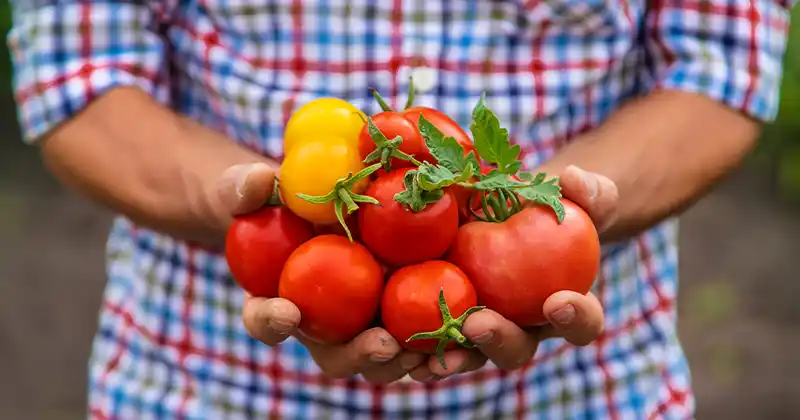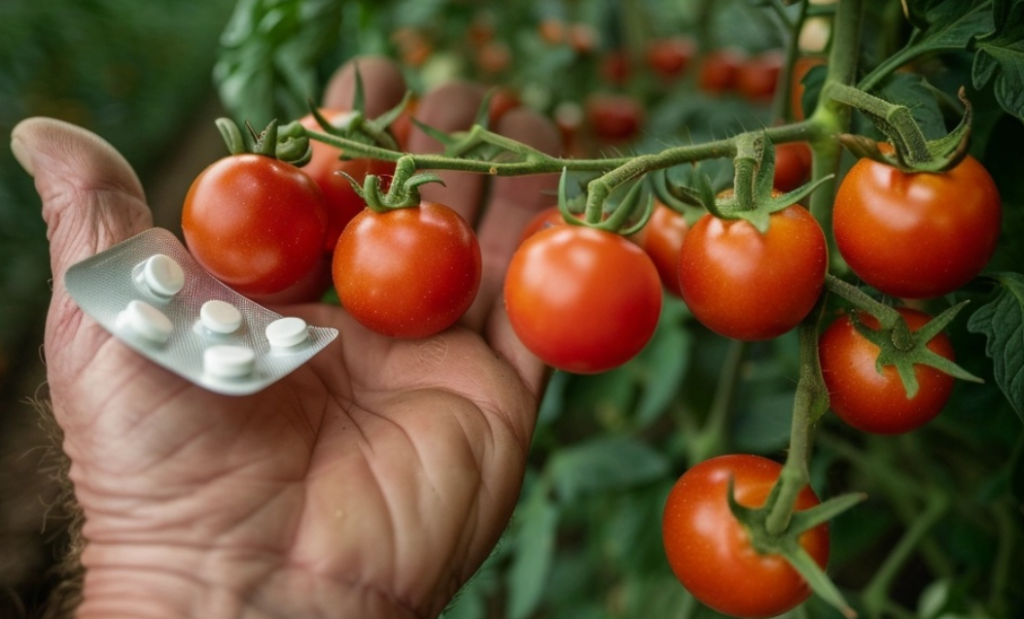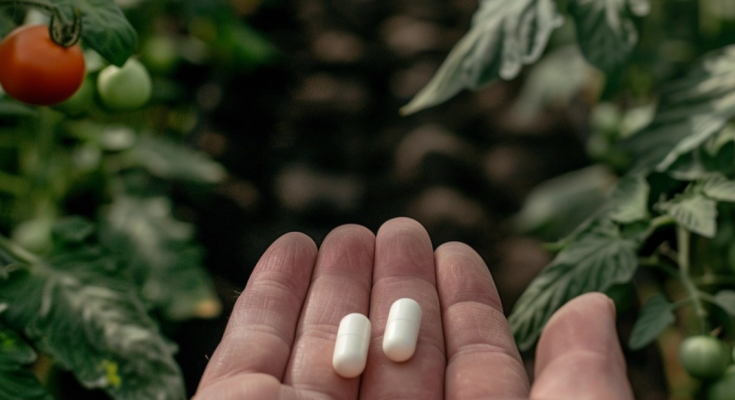Many gardeners are familiar with the practice of using aspirin in water to prolong the life of cut flowers. However, recent research reveals that aspirin can do much more than keeping blooms fresh – it can also significantly enhance the growth and resilience of vegetable plants.
A study conducted by the University of Rhode Island showcased the remarkable effects of aspirin, or acetylsalicylic acid, on vegetable crops. Researchers dissolved four aspirin tablets in four liters of water and applied the solution to a group of vegetable plants every three weeks throughout the growing season. By the end of the study, the aspirin-treated vegetables exhibited notable improvements in growth and strength, along with increased resistance to common pests and diseases.

This treatment proved particularly effective for solanaceous vegetables like tomatoes, peppers, and eggplants, which are prone to fungal infections and other pathogens.
Utilizing aspirin in vegetable gardening is a simple and cost-effective strategy, offering a range of benefits:
- Rooting Aid: Soak vegetable cuttings in a solution of distilled water and dissolved aspirin for several hours before planting. This helps disinfect the cuttings and encourages robust root development.
- Growth Stimulant: Dilute aspirin in water and spray the solution onto vegetable plants every few weeks. This promotes vigorous growth and strengthens plant immunity against diseases.
- Seed Treatment: Prior to sowing, soak vegetable seeds in a mixture of water and aspirin to enhance germination rates and seedling vigor.
- Soil Amendment: Place aspirin tablets directly into the soil around vegetable plants, ensuring they receive regular watering to activate the aspirin’s beneficial properties.

By incorporating aspirin treatment into your vegetable gardening routine, you can support healthier, more productive plants without breaking the bank. Give it a try and witness the transformative impact on your vegetable garden.



